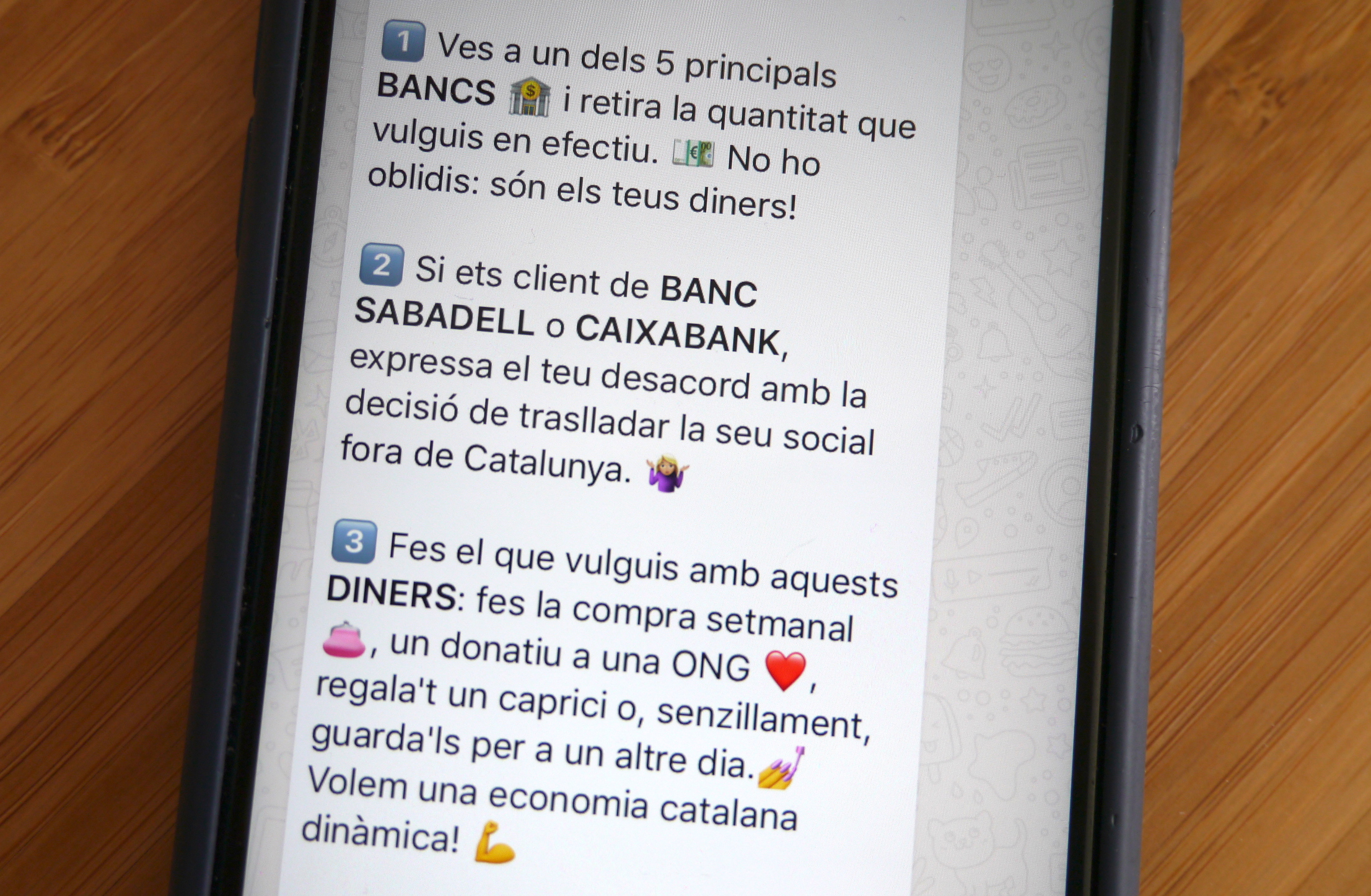Startups say this fintech ‘lab’ is giving them needed access to Wall Street and regulators

Banks want to know what around the corner is trying to put them out of business, so it’s no surprise that a spate of fintech-focused accelerator programs has sprung into existence in recent years. For example, Deutsche Bank just opened is fourth innovation lab in New York this year, after opening outposts in Silicon Valley, Berlin, and London. Barclays, which initially opened its accelerator program in London, is now in the U.S., too, having partnered last year with TechStars. Wells Fargo also provides money and mentoring to companies that enter into its semi-annual accelerator program in San Francisco.
Another program that gets high marks from founders is the Financial Solutions Lab (FinLab), an offshoot of the Center for Financial Services Innovation, a 13-year-old nonprofit focused on serving unbanked and underbanked customers.
What is FinLab and what’s the appeal to founders? Broadly speaking, it’s a five-year program that aims to find and nurture fintech startups that are helping Americans save, access credit and build assets, and it is itself fueled by a $30 million, five-year grant from JPMorgan. Startups are under no obligation to transact with the bank of sell it a stake of their business. As far as JPMorgan is concerned, FinLab’s mission is a solid one; it can gather useful intelligence about what startups are cooking up; and it’s a good look for JPMorgan, given that banks are not on most American’s list of most-loved companies. (A recent Gallup poll showed that a meager 27 percent of Americans have “a great deal” or “quite a lot” of confidence in the institutions.)
In reality, FinLab is a fairly small and mostly virtual program. It seems to be having an outsize impact, though. Among the 18 companies FinLab has “graduated” so far is Propel, a startup that helps people who receive food stamps manage their benefits. (It raised $4 million in seed venture funding after joining the program, including from Andreessen Horowitz and Omidyar Network.)
Another company that’s currently a part of the program is Dave, an app that alerts consumers ahead of an upcoming overdraft and can advance them money. Though its founders have created several companies previously and they’d already raised $3 million in seed funding — including from Mark Cuban and The Chernin Group — the team still applied to be a part of FinLab.
The two are now among 26 companies that have either graduated or are working currently with FinLab, whose nine-month-long program is fairly hands off as these things go. Though it features some of the typical one-on-one engagement with mentors that are a feature of most accelerators, FinLab’s strongest enticement are six day-long meetings that it organizes for its companies over that nine months — meetings that can mean the difference between thriving and wilting on the vine.
The first of these meetings takes place in San Francisco, where FinLab companies meet with a dozen “resource partners,” including three law firms; the design firm IDEO; Google; Amazon; a behavioral economics firm called Ideas42; and a handful of other outfits.
The idea, says managing director Ryan Falvey — who created and oversees the program and was previously a senior payments strategist with Silicon Valley Bank — is to enable “quick conversations for high-level questions” without the thousands of dollars in associated fees these meetings would cost the startups otherwise.
FinLab startups are also taken “into the field” for a kind of experiential opportunity to understand how the banking industry works for people without access to credit, and, as critically, they meet in Washington, where they get to sit down with representatives from the FDIC, the Fed, the U.S. Department of Treasury and the SEC. (Apparently, these representatives literally sit with the startups in one room, where the founders explain what they do, as well as ask questions of regulators they might normally struggle to access.)
FinLab also arranges a second day of Washington meetings that are centered around consumer advocacy, wherein the startups are invited to meet with the NAACP, the National Urban League, and other civil rights and disability advocacy groups that are influential in the financial services realm.
“If you’re around in two to five years, these are the people who set the tone for how policymakers think about regulation in this country,” explains Falvey. “They might have concerns about the startups’ products. They can answer questions. It’s one hour with Congress, two hours with regulators, a couple of hours with advocates…”
Connections, close inspections
Beyond trying to expose its startups to power brokers in Washington, perhaps one of the most helpful days that FinLab arranges for its founders takes place on Wall Street at — you guessed it — the offices of JPMorgan Chase. There, startups can — if they want to — talk with the team overseeing strategic investments, as well as other bank units, in back-to-back, 60- to 30-minute-long meetings. (CEO Jamie Dimon has also attended some of these meetings.)
Indeed, it was this particular meeting that set Propel on a new course, says Propel founder Jimmy Chen, whose team joined the very first class FinLab organized more than two years ago. “We’d just been founded less than a year earlier and were trying to find out way. we didn’t have funding or connections or the know-how to expand, but we knew we wanted to make an impact at a larger scale.”
At the time, Propel was focused on making America’s safety net more user friendly. Explains Chen, “I’d been a product manager at Facebook and safety net services like food stamps didn’t seem easy to use or to hold themselves to the same standards when it came to building software and focusing on user experience.”
FinLab, he says, “helped us to think more about what happens once someone enrolls in the program. We also learned more about financial services and government services companies. More specifically,” he continues, “we met with executives at JPMorgan Chase who used to run government contracts to administer the [Electronic Benefit Transfer] program [that lets people turn government benefits into payments for goods], and that was super eye-opening for us. I’d credit our shift to our current business to that moment.”
Meanwhile, Ethan Bloch, founder of an automated savings app called Digit, describes his experience in similar terms to Chen. “We never applied to another accelerator program. We never thought it’d be necessary,” says Bloch. “In fact, when we entered the Lab, we’d already raised more than $11 million,” including from Baseline Ventures, GV and others.
While Digit didn’t need money and it didn’t need help with its product, says Bloch, what it did need was access to “the people who could help us think through the execution of our vision.”
Bloch recalls a “roundtable with regulators from all prudential regulatory bodies” who “got the context of what we’re up to and hopefully learned from us, just as we learned from them what they think of us.” Speaking of Digit’s meeting at JPMorgan Chase, Bloch was even more effusive. “That level of access, even with 30 people in the room was really powerful. Tactically, that stuff is unbelievably difficult to access, and unbelievably powerful.”
Neither company is owned in any way by JPMorgan Chase.
FinLab itself invests $250,000 in startups, if and when they raise a round of money. If they aren’t raising while enrolled in the program, they get a convertible note instead. “We generally align our capital with [a startup’s other] investors,” says Falvey. “Our principal goal isn’t to maximize capital appreciation first.”
Featured Image: olli0815/iStock/Getty Images
Published at Thu, 05 Oct 2017 13:43:33 +0000




